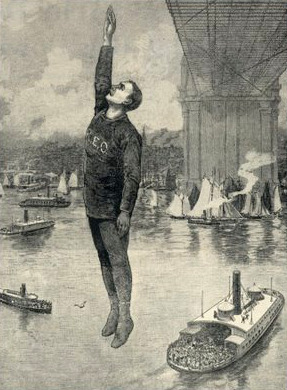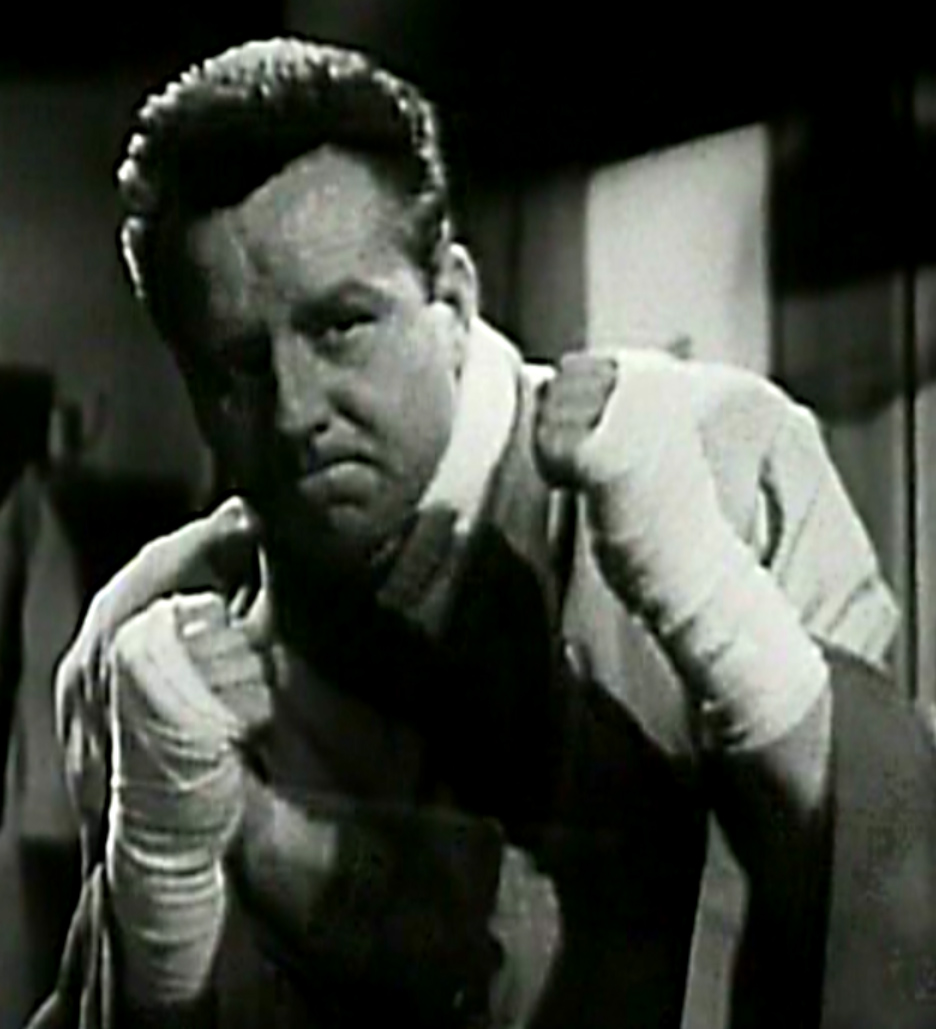|
Steve Brodie (other) (1907–1989), British biochemist and pharmacologist
{{DEFAULTSORT:Brodie, Steve ...
Steve Brodie may refer to: *Steve Brodie (bridge jumper) (1863–1901), American performer, claimed to have jumped off the Brooklyn Bridge *Steve Brodie (actor) (1919–1992), American film actor *Steve Brodie (baseball) (1868–1935), American baseball player * Steve Brodie (footballer) (born 1973), English footballer * Steve Brodie (record executive) (1927–2004), American record label owner and founder * Steve Brodie (activist), Depression-era activist in Bloody Sunday (1938) See also *Bernard Beryl Brodie Bernard Beryl Brodie (7 August 1907 – 28 February 1989) was an English scientist. A leading researcher on drug therapy, he is considered by many to be the founder of modern pharmacology and brought the field to prominence in the 1940s an ... [...More Info...] [...Related Items...] OR: [Wikipedia] [Google] [Baidu] |
Steve Brodie (bridge Jumper)
Steve Brodie (December 25, 1861 – January 31, 1901) was an American from Manhattan, New York City, who on July 23, 1886, claimed to have jumped off the Brooklyn Bridge and survived. The supposed jump, of which the veracity was disputed, gave Brodie publicity, a thriving saloon and a career as a performer. Prior to this, he was penniless, having lost significant sums of money on betting and race tracks. Brodie's fame persisted long past his death, with Brodie portrayed in films and with the slang term "Brodie"—as in to "do a Brodie"—entering American vernacular, meaning to take a chance or a leap, specifically a suicidal one. During the 1890s, Brodie was compared to one of the best British champion divers and bridge jumpers of the era, Tommy Burns. Early life Brodie was born on the east side of Bowery in New York City, just three days after his father was killed in a street brawl, and grew up locally, selling newspapers and blacking shoes around the city. In his youth, he ... [...More Info...] [...Related Items...] OR: [Wikipedia] [Google] [Baidu] |
Steve Brodie (actor)
Steve Brodie (born John Daugherty Stephens; November 21, 1919 – January 9, 1992) was an American stage, film, and television actor from El Dorado in Butler County in south central Kansas. He reportedly adopted his screen name in memory of Steve Brodie, a daredevil who claimed to have jumped from the Brooklyn Bridge in 1886 and survived.Soden, Garrett (2005). ''Defying Gravity: Land Divers, Roller Coasters, Gravity Bums, and the Human Obsession With Falling'', New York: W. W. Norton & Company. Career Brodie appeared in 79 feature films during his career (1944-1988), plus a profusion of appearances on episodic TV. He worked at various studios, including MGM, RKO and Republic Pictures, appearing mostly in westerns and B-movies. He played supporting roles in the majority of his films, including the 1947 film noir classic ''Out of the Past'' and 1950's ''Armored Car Robbery''. An exception was 1947's '' Desperate'', where he had a starring role. Later appearances inc ... [...More Info...] [...Related Items...] OR: [Wikipedia] [Google] [Baidu] |
Steve Brodie (baseball)
Walter Scott "Steve" Brodie (September 11, 1868 – October 30, 1935) was an American professional baseball center fielder. He played in Major League Baseball from 1890 to 1902 for the Boston Beaneaters, St. Louis Browns, Baltimore Orioles (NL), Pittsburgh Pirates, Baltimore Orioles (AL), and New York Giants. Brodie set a 19th century record by playing in 727 consecutive games. In the mid-1890s, along with Willie Keeler and Joe Kelley, he was part of one of the best outfields of his era. Early life Brodie was the son of Irish immigrant Alexander Brodie, a tailor and a Shakespearean actor. In 1887, Brodie moved to Roanoke, Virginia, where he played in the semiprofessional industrial leagues. That same year, Brodie, 18, met Carrie Henry, 15, and they got married. The couple lived in Roanoke through Brodie's baseball playing career. Baseball career Brodie took on the nickname Steve because of the daredevil of the same name, who was said to have survived a jump off of the Bro ... [...More Info...] [...Related Items...] OR: [Wikipedia] [Google] [Baidu] |
Steve Brodie (footballer)
Stephen Eric Brodie (born 14 January 1973 in Sunderland, England) is a retired English professional footballer, who most notably played for Sunderland Sunderland () is a port city in Tyne and Wear, England. It is the City of Sunderland's administrative centre and in the Historic counties of England, historic county of County of Durham, Durham. The city is from Newcastle-upon-Tyne and is on t .... He currently works as General Manager for David Lloyd Leisure in Cheshire Oaks (Ellesmere Port). References External links *This is Cheshire profile 1973 births Living people Footballers from Sunderland English men's footballers Men's association football forwards Sunderland A.F.C. players Doncaster Rovers F.C. players Scarborough F.C. players Swansea City A.F.C. players Chester City F.C. players Nuneaton Borough F.C. players Forest Green Rovers F.C. players Leigh Genesis F.C. players English Football League players National League (English football) players Wi ... [...More Info...] [...Related Items...] OR: [Wikipedia] [Google] [Baidu] |
Steve Brodie (record Executive)
Steve Brodie (c.1927 – March 15, 2004) was an American record label owner and founder who was very active during the 1960s and 1970s. He owned or co-owned Thunderbird Records, Sahara Records, Forever Music and various others. He also produced recordings for artists. Background Part of Brodie's history in the music business includes his work as a promoter. He played a big part in helping "Tragedy" become a hit for Thomas Wayne. During the 1960s, he headed Master's Releasing Corp. His promotion and production work included making "Wild Weekend" for The Rockin' Rebels a hit. In distribution he was co-owner of Best Record Distributors and Gold Record Distributors. He was also co-owner of Transcontinent Record Sales and Amherst Records. Along with Leonard Silver, he opened a chain of music stores, Record Theater. The record labels he owned included Thunderbird Records. Career 1960s to 1970s In 1959, Brodie was hired by Scotty Moore as their national promotion man to push Thom ... [...More Info...] [...Related Items...] OR: [Wikipedia] [Google] [Baidu] |
Steve Brodie (activist) (1907–1989), British biochemist and pharmacologist
{{DEFAULTSORT:Brodie, Steve ...
Steve Brodie may refer to: *Steve Brodie (bridge jumper) (1863–1901), American performer, claimed to have jumped off the Brooklyn Bridge *Steve Brodie (actor) (1919–1992), American film actor *Steve Brodie (baseball) (1868–1935), American baseball player *Steve Brodie (footballer) (born 1973), English footballer *Steve Brodie (record executive) (1927–2004), American record label owner and founder * Steve Brodie (activist), Depression-era activist in Bloody Sunday (1938) See also *Bernard Beryl Brodie Bernard Beryl Brodie (7 August 1907 – 28 February 1989) was an English scientist. A leading researcher on drug therapy, he is considered by many to be the founder of modern pharmacology and brought the field to prominence in the 1940s an ... [...More Info...] [...Related Items...] OR: [Wikipedia] [Google] [Baidu] |
Bloody Sunday (1938)
Bloody Sunday was the conclusion of a month-long " sitdowners' strike" by unemployed men at the main post office in Vancouver, British Columbia. It was Depression-era Vancouver's final violent clash between unemployed protesters and police that provoked widespread criticism of police brutality. Background The Relief Project Workers' Union (RCPU) was the successor to the Relief Camp Workers' Union, which had led the 1935 strike that culminated in the On-to-Ottawa Trek and Regina Riot. After the earlier strike, the maligned federal relief camps run by the Department of National Defence were replaced by "relief projects" operated by the provinces and funded by both levels of government. The pay rate was similar to the earlier camps, five dollars a month, compared to the twenty cents per day offered by the "slave camps." The work was primarily seasonal work on farms. As in 1935, unemployed men from across the country drifted to British Columbia because of the milder climate an ... [...More Info...] [...Related Items...] OR: [Wikipedia] [Google] [Baidu] |


